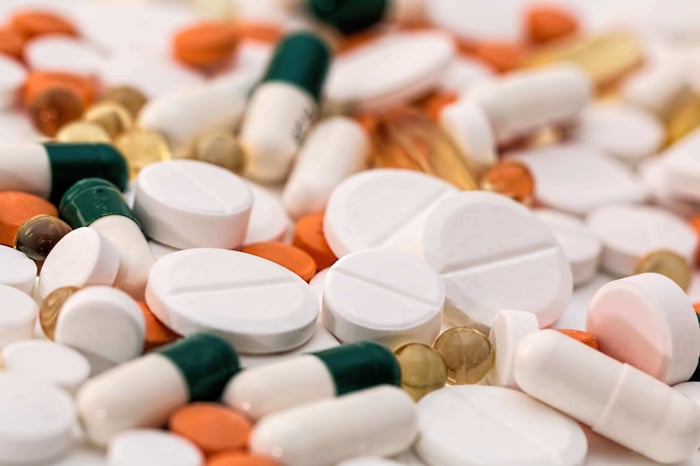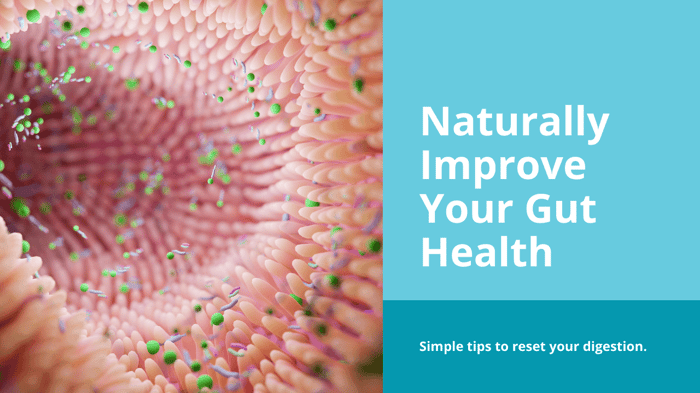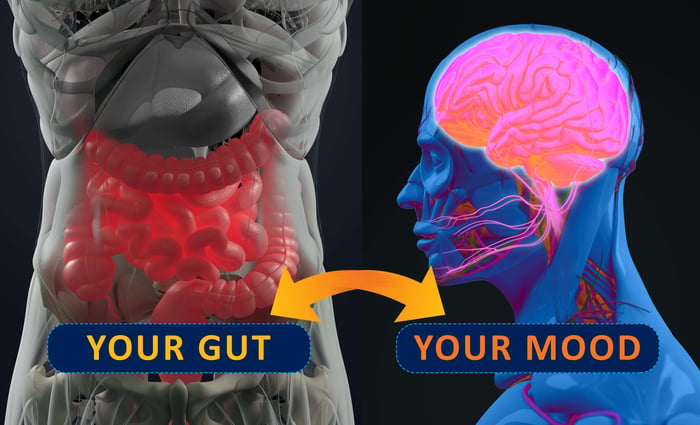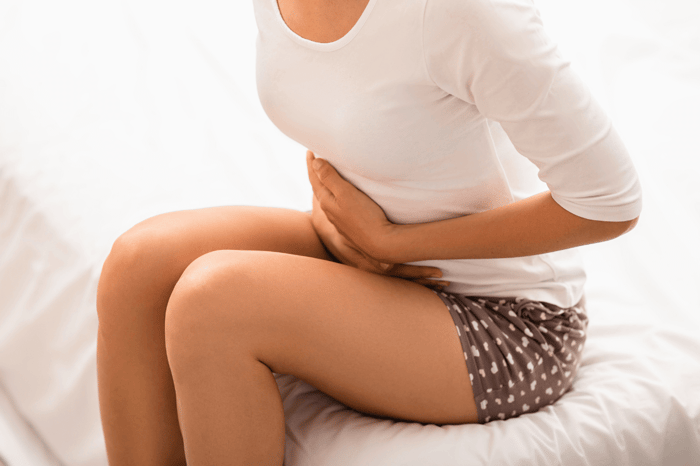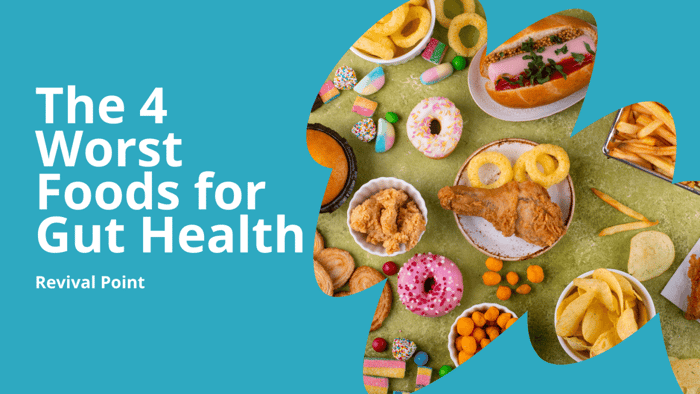If you’ve recently taken an antibiotic and you’re reading this article, you’ve probably realized that they take a toll on your digestive health. They’re great for some things, but nobody really talks about the negatives that come with them.
Don't stress if you’ve recently gone through a course of antibiotics. You’re in the right place. In today’s article, we’re delving into the effect of this medication on the digestive system and how to restore gut health after antibiotics.
The Problem With Antibiotics
Antibiotics are most commonly prescribed to treat bacterial infections. Doctors happily hand them out to patients to treat whatever, but nobody tells you the side effects of using this particular type of medication.
The other thing nobody usually tells you is that antibiotics don’t treat everything and often aren’t even necessary! They don’t treat viral infections, for example, so you may be taking them for no reason… Which has some serious implications on your long-term health.
In terms of your gut health, the good news is that antibiotics kill bad bacteria. The bad news… They also kill good bacteria. So when you take antibiotics, they end up killing all the bacteria in your system, leaving you with no good soldiers to maintain a healthy gut microbiome.
Symptoms of Poor Gut Health
If you start experiencing some of these symptoms after taking antibiotics, it could be a sign that your gut needs some help.
- Diarrhea
- Constipation
- Bloating
- Excessive gassiness
- Abdominal pain or cramps
- Unexplained bad breath
Note, though, that a single symptom might not be related, but if you have two or more at once, it’s highly likely to be related to antibiotic use.
Brand New: The Best (Doctor-Recommended) Probiotic on the Market
How to Restore Gut Health After Antibiotics
So, you’ve been through a course of antibiotics and your gut isn’t quite the same. Here are a few easy steps you can take to rebuild your gut microbiome in a healthy way so it comes back stronger than it was before.
Take A Probiotic/Prebiotic Supplement
When your gut is a blank slate, there’s no better way to lay down a foundation of healthy bacteria than taking probiotic supplements.
Probiotics supply the body with colony-forming units that promote the growth of good bacteria in your gut and digestive system. Prebiotics provide food for the healthy bacteria, which helps them to become strong and effective.
You can take prebiotic and probiotic supplements separately, or look for a synbiotic supplement which is a combination of the two. There’s a general idea that you need to take a probiotic/prebiotic for a full month for every week of antibiotic use.
Eat Probiotic-Rich Foods
High-fiber foods can give your gut bacteria a nice boost. Insoluble fiber can’t be digested by your gut, but it can be eaten by the bacteria in your system, helping them to grow stronger.
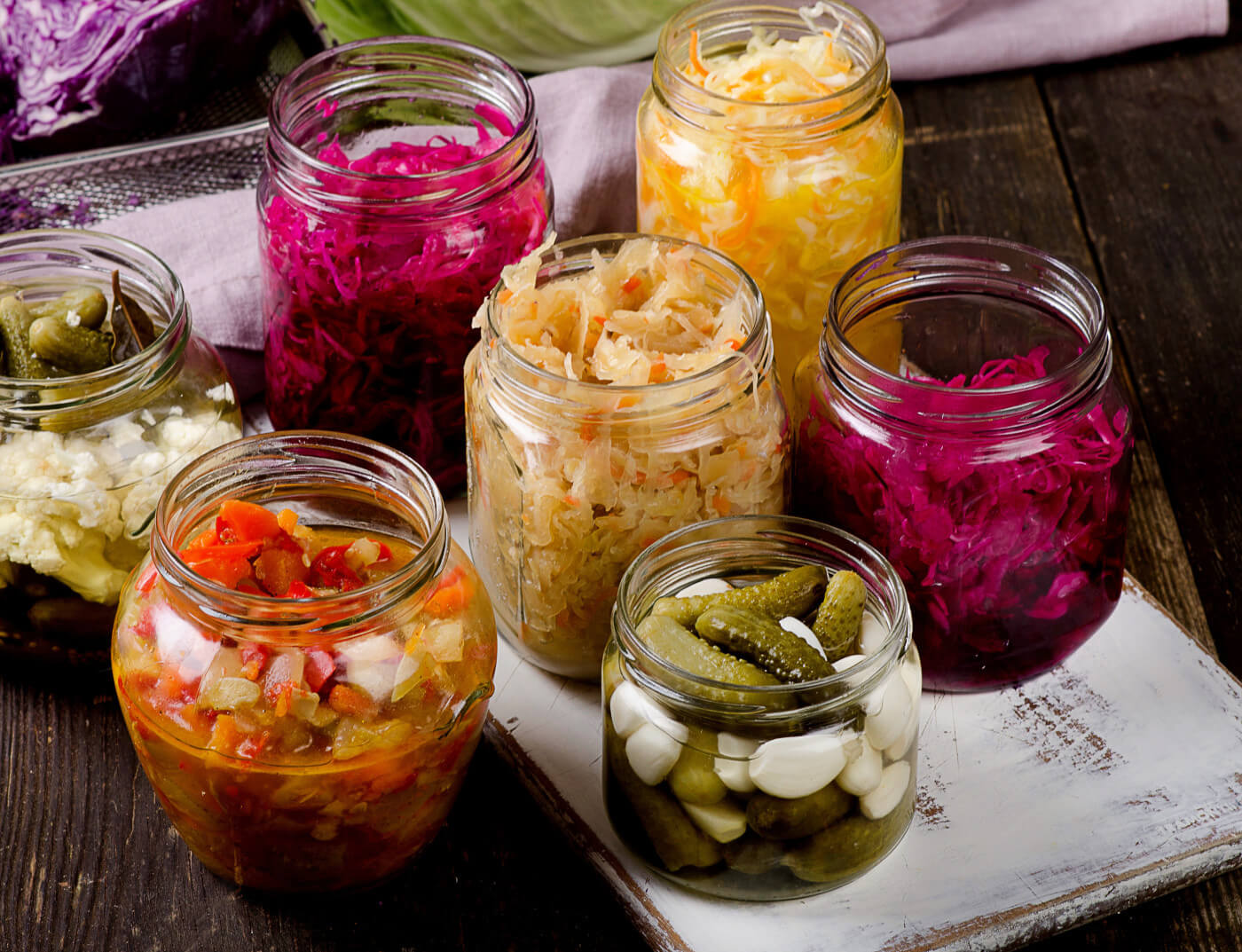
It’s also easy to add high-fiber foods to your meals every day. Some good high-fiber options include:
- Whole grains
- Legumes
- Nuts & seeds
- Broccoli
- Berries
Fermented foods can also be an excellent addition to your diet. These foods contain live bacteria, which will populate your gut and be fed by the fiber-rich foods you eat. Some fermented foods to add to your diet include:
- Greek yogurt
- Whey
- Kimchi
- Kefir
- Sauerkraut
- Borscht
- Miso
- Kombucha
Considering the way these types of food work, you can consider fermented foods to be probiotics and fiber-rich foods to be prebiotics!
It’s important to get a good mix of probiotic foods and prebiotic foods in your diet, as this encourages microbial diversity which can strengthen your gut.
The Best Symbiotic Combo: Click Here Now to Check It Out
Avoid Possible Inflammatory Foods
While bolstering your diet with high-fiber and fermented foods, do your best to avoid foods and drinks that have the potential to create inflammation. These include:
- Sugar
- Alcohol
- Processed foods
- Artificial sweeteners
- Trans fats
- Refined carbs
- Gluten
- Artificial flavorings

In other words, cooking your own food, using whole food ingredients, and flavoring with natural spices means you’ll get the best combination of healthy foods without the nasty stuff.
Buying pre-cooked or ready-made food from the store leaves you open to accidentally ingesting ingredients that are likely to cause inflammation. Even savory bread contains sugar!
Reduce Stressors
Stress can have a disastrous effect on the gut! Not only does being stressed often lead to the consumption of unhealthy foods, but the hormonal effects of stress can wreak havoc on your system.
When you’re working to restore gut health after antibiotics, it’s essential to try your best to limit the amount of stress in your daily life.
How do you do that? It’s tricky, but you may need to make some lifestyle changes. Going through your budget and eliminating unnecessary expenses, avoiding people whose company you don’t enjoy, and getting enough sleep are just a few ideas.
Stressors will be different for everyone. In some cases, rather than removing things from your life, it may be helpful to add something—meditation, me-time, journaling, sleeping in, and so on.
How Long Does It Take to Restore Gut Health After Antibiotics?
If you’re trying to restore gut health after antibiotics, it’s extremely important to be patient. There’s no right or wrong answer to this question. Everybody’s body and gut is different, and there’s no way to tell how yours will react.
For some, getting your gut health back to normal could take a few weeks. And for others, it could take months to start feeling normal again.
The general consensus is that restoring gut flora takes around 2 months, if you stick to a healthy diet, supplement with probiotics and prebiotics, and make lifestyle changes to boost your immune system and overall health.
$54.95
Floraboost is combination of all-natural sources of prebiotic fiber which are the best shown by science to help support good microbe strains in the digestive system as well as reduce cravings. Prebiotics "feed" good probiotic bacteria in the gut. With… read more
$177.00
Floraspring® is a probiotic specifically designed with 15 science-backed probiotic strains INCLUDING 5 SUPER STRAINS for a complex balance support for weight, management, digestive health, and suppression of cravings.* 25 Billion Powerful Colony-Forming Units (CFUs) 15 Scientifically Backed Probiotic Strains… read moreFloraboost Prebiotic Powder
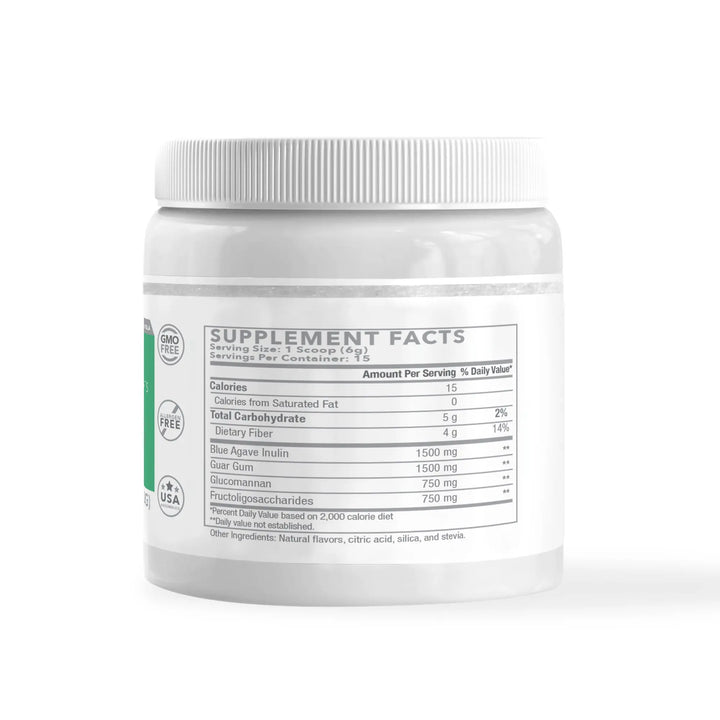
$69.95
Floraspring® Probiotics (25 Billion CFU's)
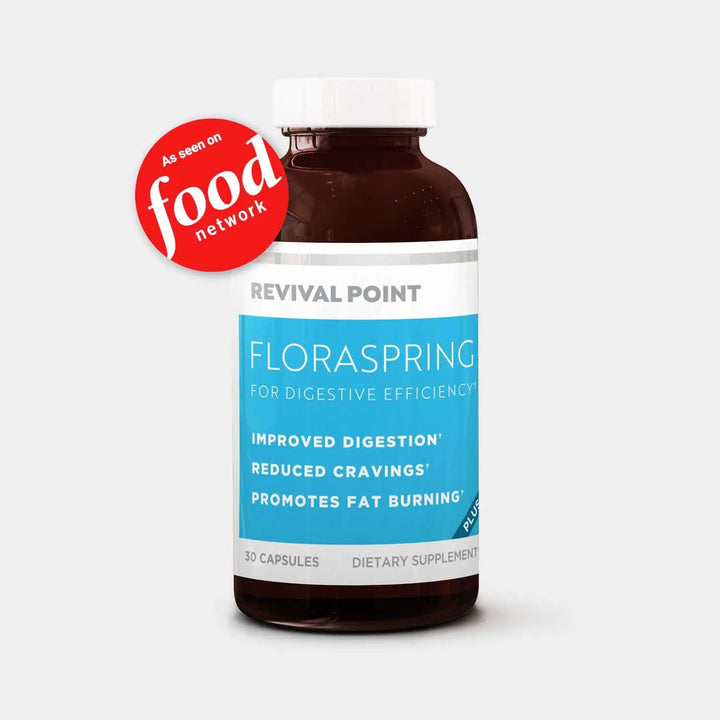
$209.85
In Conclusion
Understanding how to restore gut health after antibiotics is one thing. Implementing these steps is another! If you’ve been on an antibiotic and your gut health hasn’t quite come back to normal, you can expect it to take a few months before it comes back to feeling good.
But following these steps will help your system to recover much faster. In the future, we advise doing some research before taking an antibiotic, even if it is prescribed by your doctor—but if you do need one, you now know how to restore your gut to its best health!
If you've recently taken antibiotics and want to jump-start your gut... I'd highly recommend checking this out now.
It's the top probiotic on the market developed with the help of Dr. Steven Masley, MD, a pioneer in "whole body medicine" who started studying the gut and its impact on your health a full decade before other MDs.
Not only can it help repopulate your gut with "good" bacteria... but it also naturally fights some of the signs of antibiotic use... including weight gain and bloating.
To check it out click here now.

